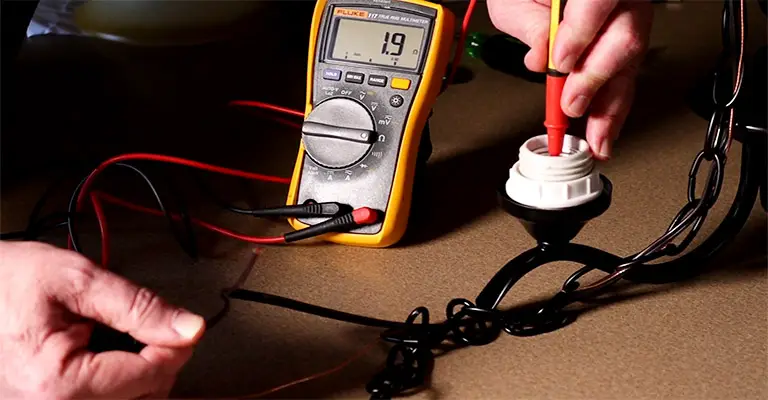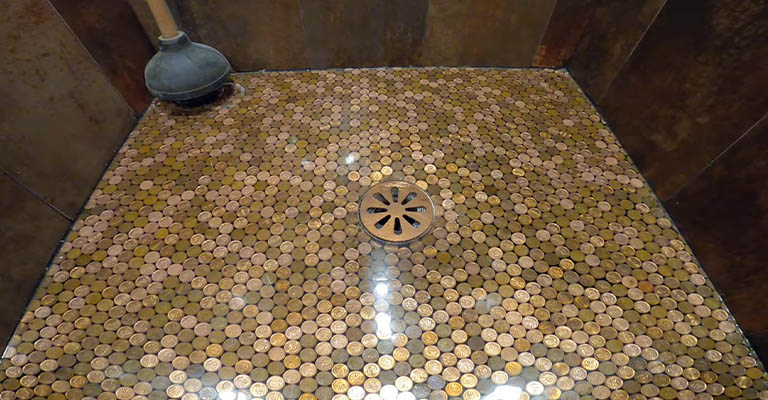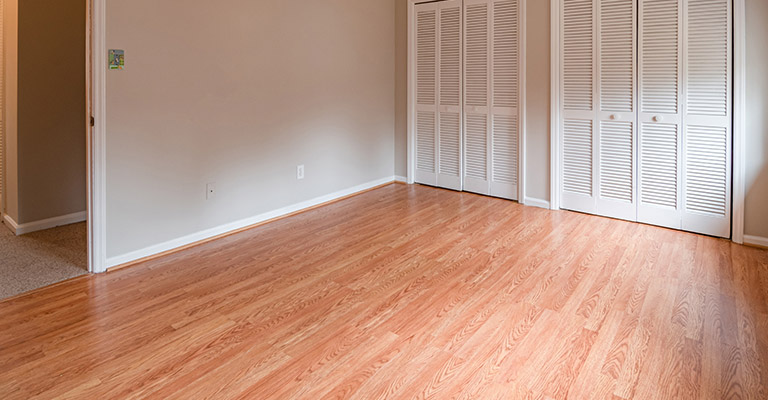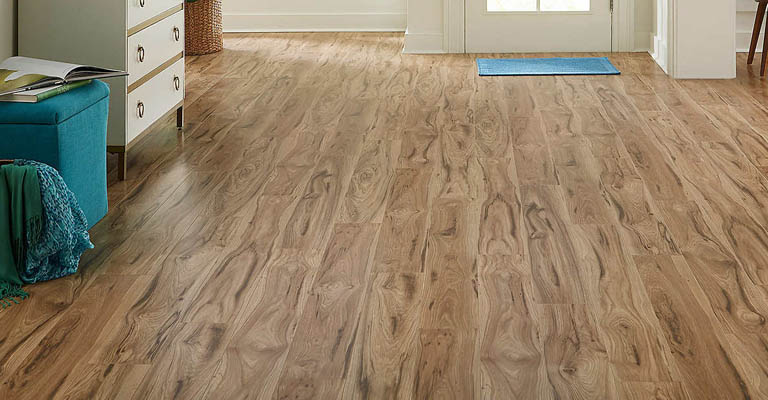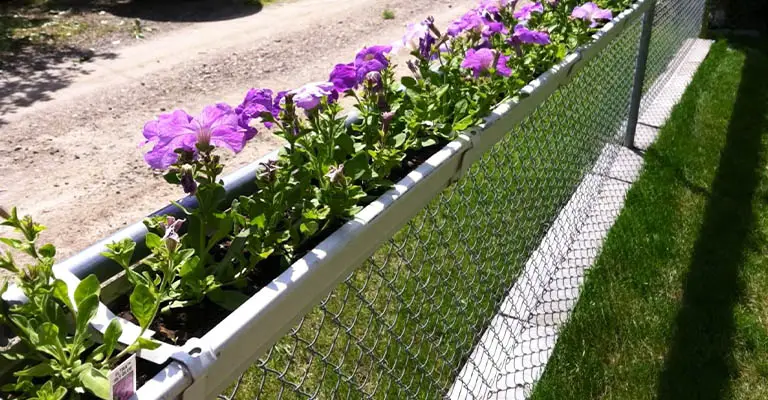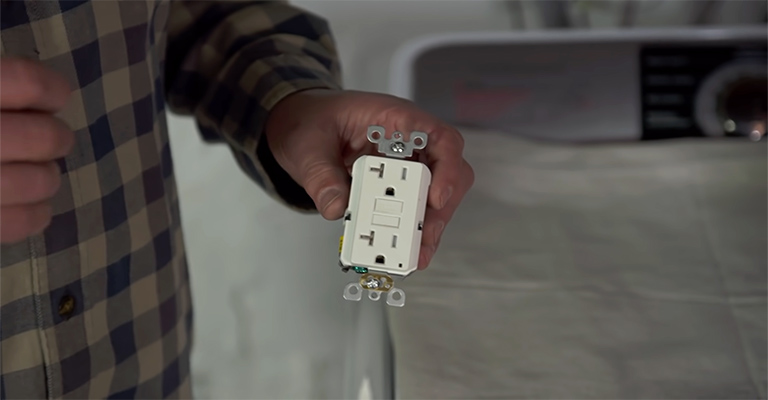How to Get Rid of Mosquitoes in the House
Nobody likes the familiar and annoying buzz of mosquitoes, especially when they’ve made their way into your home. Mosquitoes aren’t just bothersome; they can also transmit diseases. Ensuring that your house remains mosquito-free is vital for comfort and health.
If you’re seeking ways to eradicate these pesky pests from your home, you’re in the right place. Here’s a comprehensive guide on how to get rid of mosquitoes in the house.
1. Remove Standing Water
Mosquitoes thrive in stagnant water. It’s their prime breeding ground. So, your first step should be to identify and remove any sources of standing water. This includes flower pots, pet dishes, bird baths, and clogged gutters. By eliminating these water sources, you disrupt their breeding cycle, making your home less inviting.
2. Use Mosquito Nets and Screens
While this might seem like an obvious solution, many homeowners often overlook the benefits of using mosquito nets and screens. These barriers, when placed on windows and doors, act as a physical deterrent. Ensure they are free from holes and are tightly sealed to prevent any entry.
3. Try Natural Repellents
Instead of always reaching for chemical sprays, consider natural repellents. Plants like lavender, rosemary, and citronella have properties that mosquitoes dislike. Positioning these plants near entrances can help deter these pests. Additionally, essential oils derived from these plants can be used to create natural repellent sprays.
4. Use Indoor Mosquito Traps
Indoor mosquito traps can be an effective way to catch these pests. These traps usually emit light or heat to attract mosquitoes, then use a fan to suck them in. Once trapped, mosquitoes die of dehydration. Place them in areas where you’ve noticed a high mosquito presence.
5. Opt for Mosquito Zappers
Mosquito zappers are devices that electrocute pests upon contact. They’re equipped with a light that attracts mosquitoes. Once they touch the charged metal grid, they get zapped. For optimal results, place the zapper in darker areas of your home, as the light will be more attractive to mosquitoes.
6. Maintain Your Yard
Your yard can be a haven for mosquitoes if left unchecked. Regularly mowing the lawn, trimming vegetation, and removing any junk or debris that can hold water will reduce mosquito breeding grounds. This will, in turn, reduce the number of mosquitoes attempting to enter your home.
7. Apply Safe Chemical Repellents
There are numerous mosquito repellents available in the market. Look for those containing DEET, picaridin, or oil of lemon eucalyptus. When applying, always read the label and use as directed. While these are typically safe for use, it’s essential to keep them away from children and pets.
8. Ensure Proper Home Ventilation
A well-ventilated home can make it challenging for mosquitoes to settle. Using ceiling fans or box fans can disrupt their flying patterns, making it harder for them to navigate and bite.
9. Professional Pest Control
If you’ve tried multiple methods and still face a mosquito infestation, it might be time to call in the professionals. Pest control experts have the tools and knowledge to effectively treat and prevent mosquito infestations in the home.
10. Regular Inspection and Repair
Ensure that you inspect your home regularly for any gaps, cracks, or holes. These can serve as entry points for mosquitoes. A small gap in your window or door screen can be enough for these pests to invade your space. Seal these gaps using caulk or mesh screen patches to fortify your defenses.
11. Use Smoke
Smoke acts as a natural mosquito repellent. The next time you’re enjoying a barbecue or a bonfire in your yard, remember that the smoke produced can keep these pests at bay. You can also use mosquito coils, which release mosquito-repelling smoke when burned.
12. Dry Out Your Home
Mosquitoes are attracted to moisture and high humidity. Investing in a dehumidifier to reduce the humidity levels in your home can make it less appealing to mosquitoes. Ensure that wet areas, like bathrooms and kitchens, are well-ventilated to prevent moisture build-up.
13. Garlic Spray
Garlic isn’t just a flavorful addition to your meals; it also acts as a mosquito repellent. Mix crushed garlic with water, and after letting it sit for a few hours, spray the mixture around your home. The strong odor will deter mosquitoes.
14. Avoid Overhead Lights at Night
Bright overhead lights can attract mosquitoes and other flying insects. Consider using lower wattage bulbs, or opt for yellow ‘bug lights’ which are less attractive to insects. This can minimize the chances of mosquitoes hovering around your doors and windows.
15. Lemon and Clove Combo
A time-tested method, using lemons and cloves can act as a deterrent for mosquitoes. Simply cut a lemon in half and insert a few cloves into the juicy part, ensuring the bud ends are sticking out. Place these lemon halves in rooms where you’ve noticed mosquito activity. The combined scent of lemon and cloves is not only pleasant for humans but is also disliked by mosquitoes, keeping them at bay.
Conclusion
In our quest to kill mosquitoes and ensure a comfortable indoor environment, understanding the habits and preferences of these pests becomes crucial. Often, the key to repelling mosquitoes effectively lies not just in dealing with adult mosquitoes but also in targeting mosquito eggs. Using a simple spray bottle filled with a mixture of essential oils derived from mosquito-repellent plants can be a proactive step against mosquito bites. Such measures not only deter mosquitoes inside your home but can also significantly reduce the mosquito population outside.
Diseases like yellow fever underscore the importance of methods to repel mosquitoes and highlight the critical nature of our efforts. While many are aware of common remedies, lesser-known strategies, such as using coffee grounds, can be instrumental. When spread in areas where mosquitoes rest, coffee grounds disrupt the environment, making it unfavorable for the adult mosquito to lay eggs.
To get rid of mosquitoes effectively, we must combine our knowledge of what mosquitoes hate with innovative techniques. This multifaceted approach not only helps prevent the annoyance of insect bites but also plays a pivotal role in our broader efforts to prevent mosquitoes. As we invest time and effort to control mosquitoes, we’re taking steps towards healthier living spaces, shielding ourselves and our loved ones from potential health risks.

